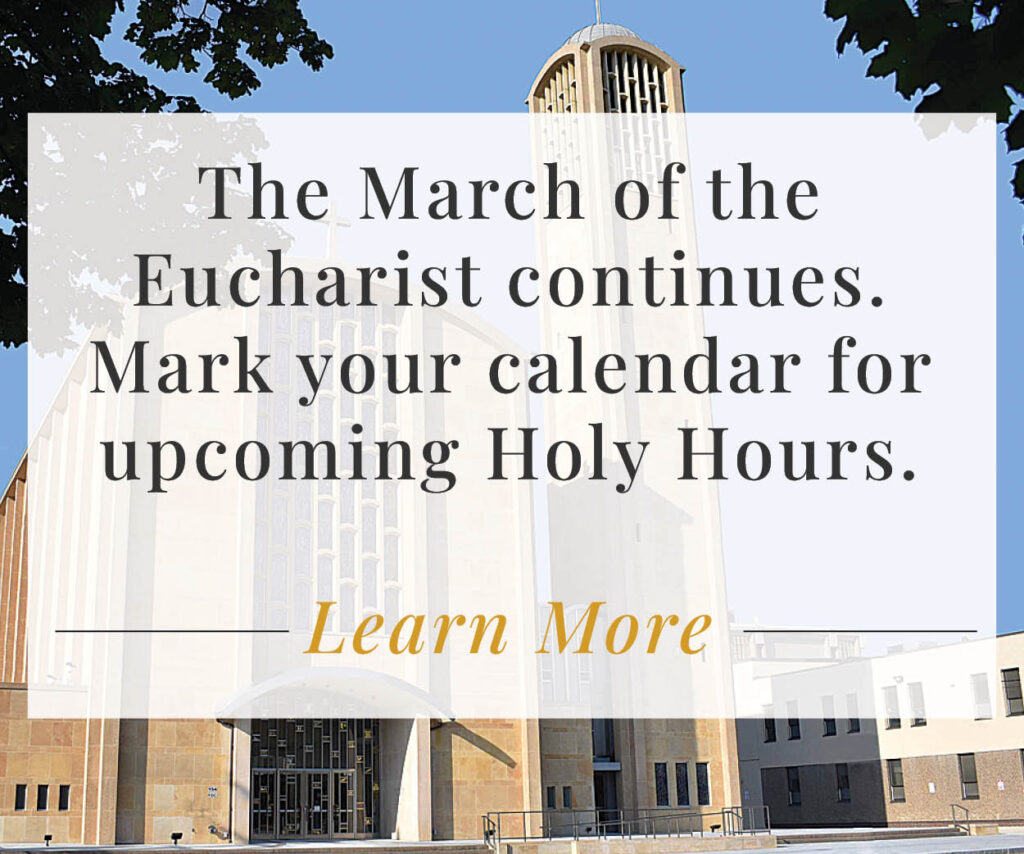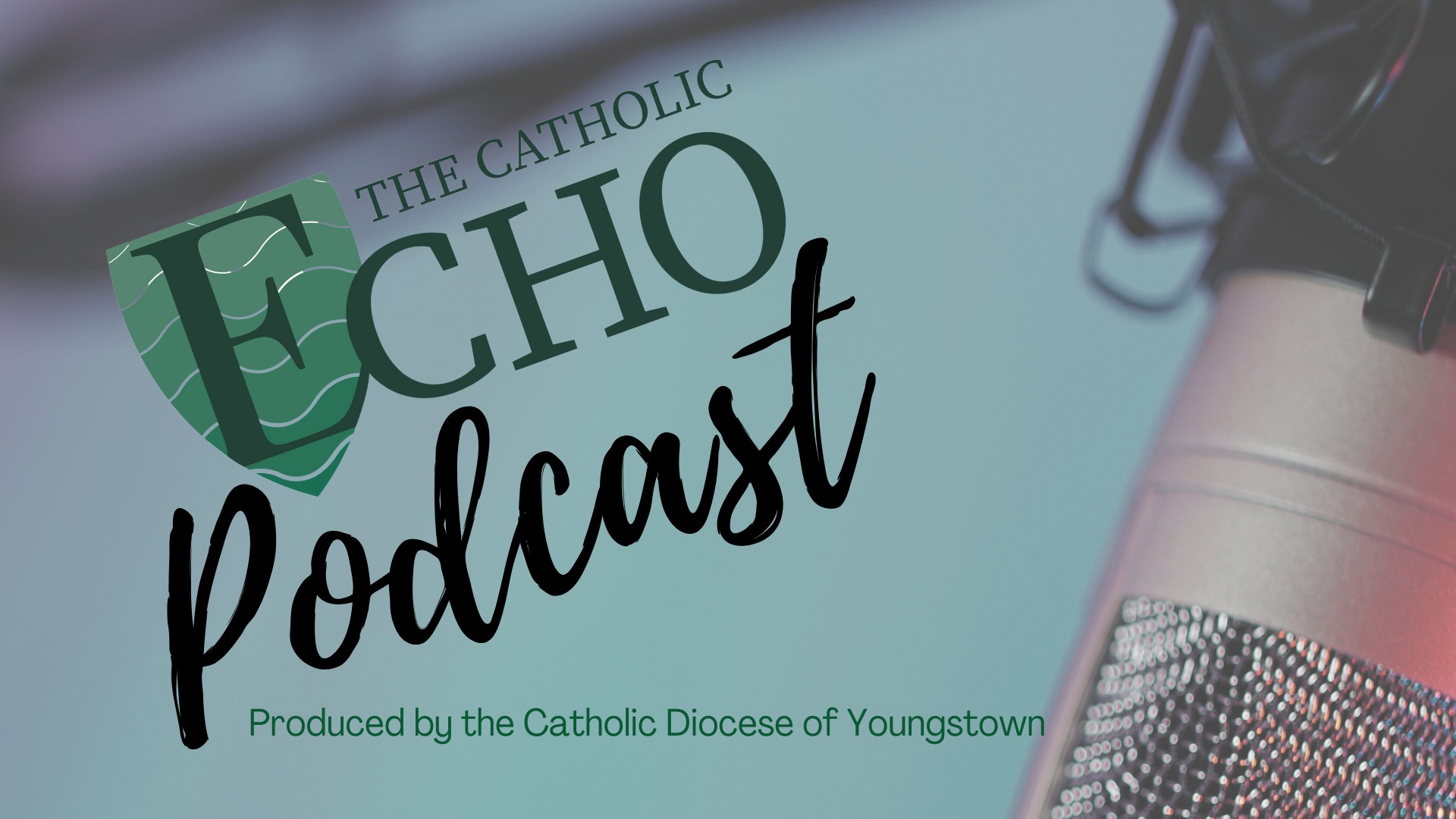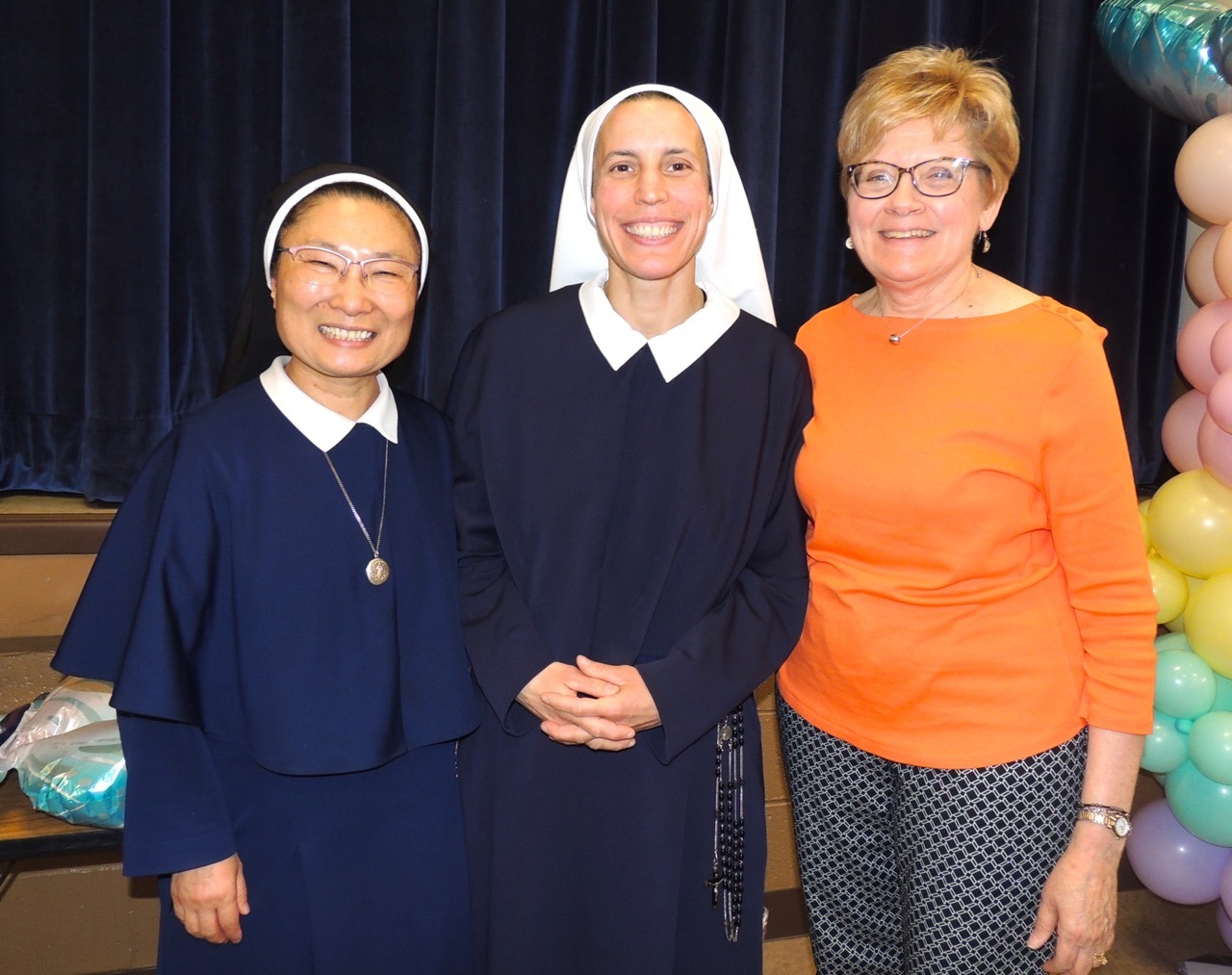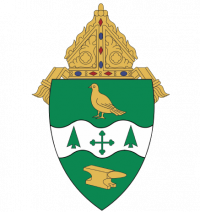
April is National Child Abuse Prevention Month. It is a time to raise awareness about the horrible reality of child abuse and neglect, which includes child sexual abuse. Studies continue to show that between five and 10 percent of adult men and 20 percent of adult women were sexually abused as children. This abuse happens in every type of environment and socioeconomic class.
To protect our children, it is important to educate ourselves about the “grooming process,” as well as the common indicators of child abuse. For example, people are often surprised to learn that 89 percent of the cases of sexual abuse are committed by someone known and trusted by the victim and their family. This means that only 11 percent of cases involve abuse by a stranger. While stranger danger is an essential lesson for children, it can sometimes cause us to forget that known adults, such as family members, friends or other trusted adults—or even other children—are statistically more likely to commit child sexual abuse than strangers. This is because an extended period of grooming is often required for the abuser to gain the trust and access necessary to abuse a child.
It is also important to remember that, in some cases, children who are abused have a very difficult time disclosing what happened to them. Very young children may not even realize that they were abused or may be unable to explain what has happened. Children may also experience feelings of guilt, shame, embarrassment or fear and because of the manipulation of the abuser via the “grooming process,” they truly think that no one will believe them if they cry for help.
In these situations, the child may attempt to disclose what happened to them with what professionals call “test balloons.” This refers to an action or statement from a child that is intended to test how trusted adults will react to their disclosure. For example, a child may say, “I don’t want to go to this place anymore,” or, “I don’t like being left alone with this person.” Instead of reacting in a negative or abrasive way to these types of questions, adults should facilitate a constructive dialogue with the child by asking them to explain what they mean. For example, an adult could say, “Tell me more about this,” or, “Why are you feeling this way?” If a child feels safe and trusted, they are more likely to share additional information. As is the case when hearing any disclosure of abuse, the key is to remain calm, listen and be supportive.
To learn more about these identifiers of child sexual abuse—particularly during Child Abuse Prevention Month—you are encouraged to review the abundance of resources available on the Safe Environment page of the diocesan website. Here you will find information about reporting child abuse, elder abuse and human trafficking. There is also a link to our safe environment/child protection training, which is called VIRTUS: Protecting God’s Children. This online training is free, and the diocese encourages anyone who has contact with children—especially parents and guardians—to complete this course.
The Diocese of Youngstown remains committed to creating and fostering a safe environment for children, young people and vulnerable adults. It is of vital importance that any known or suspected child abuse or neglect be immediately reported to the proper civil authorities. You may be the only voice that can speak up for a child who is suffering—and the witness of Jesus in the Gospels demands that we speak up for the most vulnerable.
The Diocese of Youngstown’s response to allegations of abuse is governed by civil law and its Safe Environment Policy, which is available here. The diocese encourages anyone who has experienced abuse or misconduct by a cleric or church employee or volunteer to contact civil authorities and then the diocese directly through Dominic Colucy, Victims Assistance Coordinator, at 330-744-8451, ext. 293, or via the confidential diocesan response line: 330-718-1388. Colucy’s email is dcolucy@youngstowndiocese.org.











